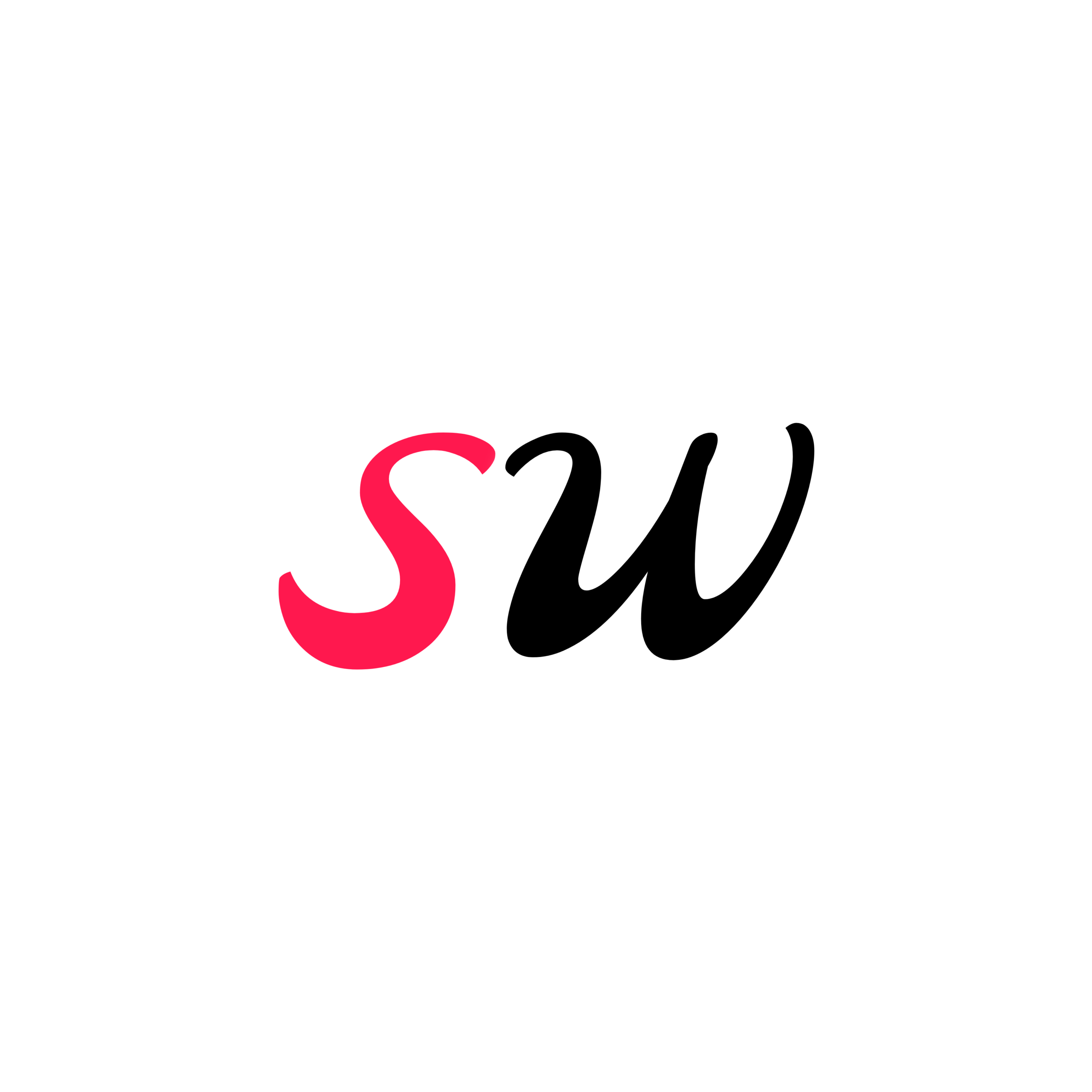In 2025, a quiet revolution is happening—not in the shadows of criminal activity, but in the mainstream of digital resistance.
The rise of decentralized social networks is forging a new kind of “dark web”—not illegal or malicious, but uncensorable, anonymous, and unstoppable. These platforms don’t run on centralized servers, don’t bow to platform policies, and don’t crumble when governments try to shut them down.
Welcome to the New Dark Web: a growing ecosystem of blockchain-based, federated, and peer-to-peer social platforms that are reshaping digital free speech, privacy, and power.
But as always with freedom, there’s a catch: who gets to say what—and who gets to stop it?
This is not just a tech trend. It’s a cultural reckoning. Here’s what’s driving it, who’s building it, and why it’s both the most exciting and dangerous frontier in tech.
Why Decentralized Social Is Exploding in 2025
1. Censorship Fatigue
After years of banned accounts, algorithmic suppression, and arbitrary platform rules, creators and users are seeking spaces where they own their voices.
2. Platform Fragility
In the last two years, we’ve seen major networks go down, get sold, or pivot overnight—leaving creators with no warning or recourse.
3. Monetization Crackdowns
New ad policies and revenue share models have crushed small creators. Decentralized platforms let users own their data and earn directly.
4. AI Misinformation & Deepfakes
As trust in centralized moderation fades, users are looking for platforms where consensus models, not moderators, determine truth.
“If Twitter was a town square, decentralized social is a constellation of micro-nations—each with its own laws and languages.”
— Haruko San, digital sovereignty activist
The New Dark Web Isn’t Illegal—It’s Untouchable
Let’s be clear: decentralized ≠ criminal.
But it does mean:
- No single server to subpoena
- No CEO to threaten
- No switch to flip off
- No algorithm to manipulate
- No user base to sell
It’s the dark web without Tor—hidden not by secrecy, but by structure.
The Most Promising Decentralized Social Platforms in 2025
1. Farcaster
A protocol, not a platform. Users own their handles and social graphs. Built on Optimism (Ethereum Layer 2). You can’t be kicked off—because no one owns it.
2. Bluesky
Founded by Twitter’s Jack Dorsey. Built on the AT Protocol, it allows self-hosted identities and algorithm choice. You choose how your feed is sorted—and no one can shadowban you.
3. Nostr
A fully open protocol used by clients like Damus (iOS) and Amethyst (Android). Endorsed by Edward Snowden. It uses cryptographic keys instead of usernames. Fully peer-to-peer.
4. Mastodon
A federated network of thousands of servers (called “instances”) that interconnect. Popular in academia and open-source communities. Each server sets its own moderation rules.
5. Session
A messaging-first social app using onion routing and no phone numbers. No metadata. No central server. Used in authoritarian countries for safe communication.
“I don’t worry about getting banned. My followers are tied to my keys, not a platform.”
— @nina.eth, Web3 educator and Nostr creator
Key Features of Decentralized Social Networks
| Feature | Centralized Platforms | Decentralized Social |
|---|---|---|
| User Identity | Owned by platform | Owned via wallet or keys |
| Moderation | Top-down, algorithmic | Community or individual-based |
| Data Storage | Platform servers | Local or distributed storage |
| Monetization | Ad-based, platform-owned | Peer-to-peer, crypto-native |
| Account Bans | Platform-enforced | Impossible (or local only) |
Why Governments and Big Tech Are Concerned
- No Control: These platforms can’t be blocked with DNS bans or legal threats. Even content takedown requests are meaningless.
- Regulatory Grey Zones: Hate speech laws, copyright claims, and misinformation standards are nearly impossible to enforce.
- Encrypted Communities: From dissidents to criminals, everyone can build secure channels that are invisible to surveillance.
- Deepfake & AI Abuse Risks: Moderation is crowd-sourced or opt-in. Dangerous content spreads unless users choose to filter it.
Who’s Using These Platforms?
🛡️ Activists & Whistleblowers
In regions like Iran, Russia, and Myanmar, decentralized social tools are a lifeline for protest coordination.
👨💻 Tech Libertarians
Web3 and crypto builders see these networks as the only truly sovereign platforms.
👩🎨 Indie Creators
Tired of YouTube’s algorithm or TikTok’s bans, creators are building followings where ownership is permanent.
🧑🏫 Educators & Experts
Academics use federated systems like Mastodon to share work without algorithmic suppression or ads.
The Risks: Free Speech vs Weaponized Speech
Freedom and danger often come in the same box. Decentralized platforms:
- Host neo-Nazi groups and radical movements
- Spread AI-generated misinformation
- Allow CSAM or illegal content if not community-moderated
- Can be used to coordinate violence
There’s no centralized team to enforce rules. It’s up to users and instances—and they don’t always agree.
“Decentralization gives power back to the people—but also to the worst among us. That’s the deal.”
— Rina Malhotra, digital ethics professor, MIT
Can Decentralized Social Go Mainstream?
It’s happening.
In 2025:
- Bluesky surpassed 12M users
- Farcaster is used by 8 of the top 50 crypto founders
- Elon Musk reportedly explored building a Nostr integration into X
- Meta AI has flagged decentralized platforms as “data-blind zones”
But adoption remains limited by:
- UX complexity (wallets, keys, servers)
- Content overload (no filtering defaults)
- Lack of discovery features
- Monetization friction
The next evolution may come from hybrid models—part decentralized, part familiar—where users can choose how sovereign they want to be.
Final Thought
Decentralized social networks aren’t an escape from the internet’s problems. They’re a mirror of our digital desires—total freedom, total control, and total risk.
In the New Dark Web of 2025, the biggest threat isn’t criminal activity.
It’s truth without consensus, speech without moderation, and power without oversight.
And maybe that’s exactly what some users want.
Because the future of the internet isn’t central or free.
It’s fragmented—and fiercely independent.
